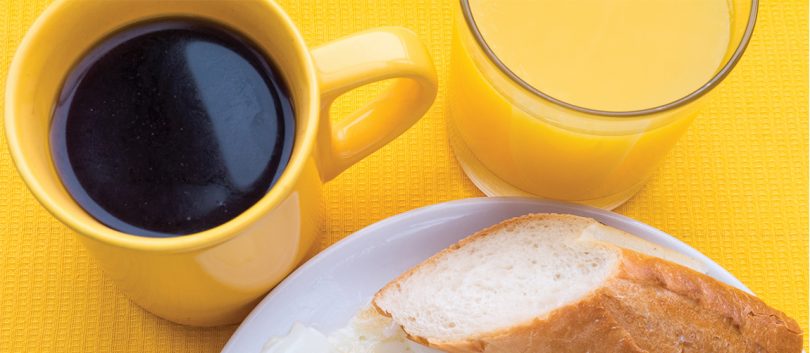A question I often get from my clients is what should athletes, particularly runners, eat before workouts and races. There is no one-size-fits-all answer. What is important is developing a regimen that works for you and produces the results you seek, whether that’s weight loss, general health maintenance or even performance.
Now onto the science: the meat and fats if you will. By today’s standard it is common knowledge that runners consume mass amounts of carbs before and during races as fuel. You hear talk about “Carb Loading” and “Carb Fueling” and the pre-race carb load pasta dinner. The problem is carbohydrates are the body’s way of burning fuel quickly. However, our body can only store a limited amount of carbohydrates in the form of glycogen. What this means is that the body’s preferred source of energy for endurance and survival is fats. Our bodies get four calories from one gram of carbohydrate whereas we get nine calories per gram of fat. It is true that the body uses multiple sources for energy. Our bodies are designed to burn fats as a primary energy source, however we must train the body to utilize fats more efficiently.
Did you know that high-carb nutrition can cause inflammation, diabetes, obesity and a higher risk for cancer and cardiovascular disorders? It’s a problem when our journey to good health leads to bad health for the sake of performance. We have to ask ourselves whether it is more beneficial to be an unhealthy, unfit athlete, or a healthy, fit athlete. If we can limit inflammation, we can limit our injury risk. When we eat too many carbs, we drop our body’s defenses. We must condition our body through proper and practical training to burn fats and use carbs when necessary. The problem I run into is I see clients sacrificing health for performance, which is never a good thing.
Healthy foods, such as eggs, avocados and fish, are great sources of fats and proteins. It’s good practice to keep a healthy balance of fats, proteins, and carbs throughout your diet and not tip the scale too far towards carbohydrates before, during, or after a race.
There are many factors that influence fueling for a race. What you use during a 5k will pale in comparison to what is required for an ultra-distance race. I always tell my clients to do in training what they plan on doing during race day.


